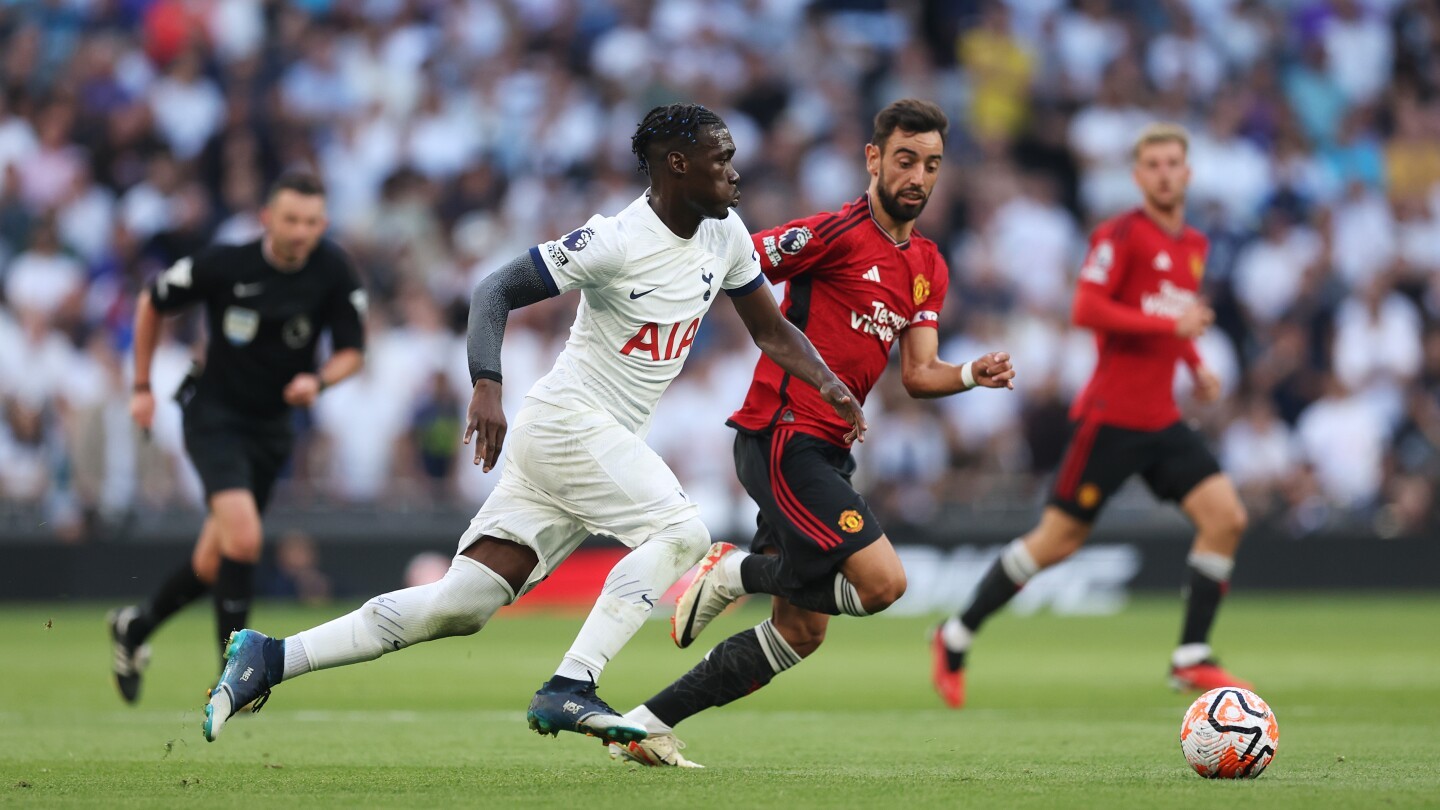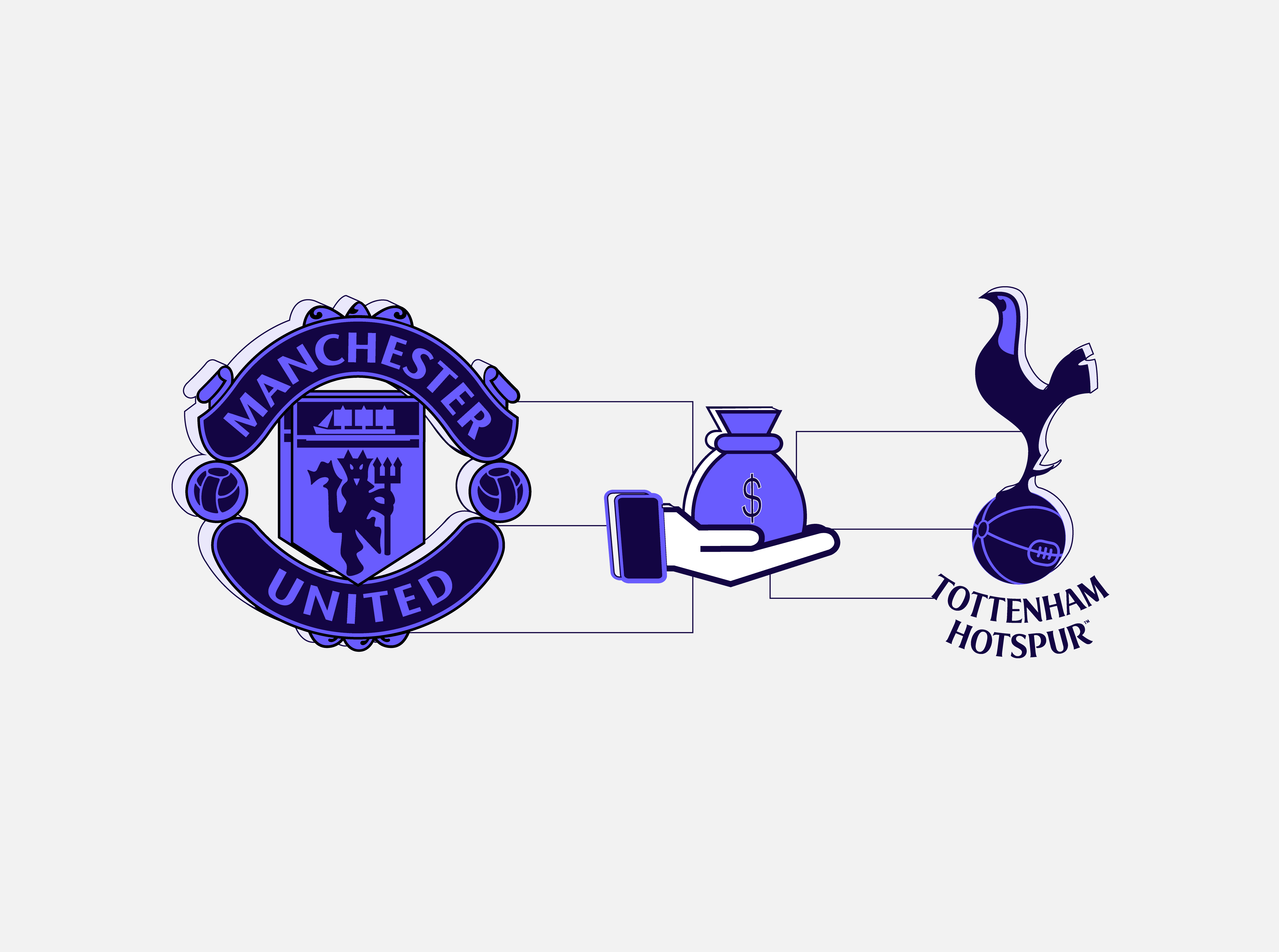For two of England’s most iconic clubs, this season’s Europa League final represents far more than a shot at a trophy. For Manchester United and Tottenham Hotspur, it's a financial crossroads, an opportunity to reverse underwhelming domestic campaigns and access a Champions League payday worth as much as $100 million.
In an era when every televised match, sponsorship deal, and UEFA payout matters, this game could define the economic direction of each club for the next year.
The Gateway to Financial Recovery
Neither United nor Spurs currently sit in a Champions League qualifying position via the Premier League. With top-four ambitions slipping away, winning the Europa League has become their clearest path back into Europe’s most lucrative tournament.
The Champions League isn’t just about competition, it's a commercial engine. UEFA pays clubs based on performance, market pool shares, and participation. The base participation fee alone exceeds $21 million. As clubs progress through the group and knockout stages, the income rises substantially. Last season, Real Madrid topped earnings at roughly $132 million. Arsenal and Barcelona followed closely, each clearing the $100 million mark despite earlier exits.
Even clubs with modest campaigns bank meaningful revenue. A group-stage exit still brings in millions, while each additional win adds further performance bonuses and TV distribution. For financially strategic clubs like Tottenham and Manchester United, reaching this stage of the Europa League provides a rare opportunity to realign budgets and stabilize projections.
What’s at Risk for the Loser?
For the club that falls short in Dublin this Wednesday, the financial picture looks far more restrictive.
Tottenham, for instance, saw a $46 million drop in revenue last year after missing out on Champions League participation. Their overall revenue declined to approximately $625 million, revealing how tightly European success is tied to their financial model. Losing again this year would extend that shortfall and could push the club into a more conservative off-season strategy.
Manchester United faces similar pressures. According to analyst estimates, the club’s revenue dropped 20% in the first half of the current season, largely due to the absence of UEFA Champions League fixtures. That translated to fewer high-value matchdays, reduced commercial exposure, and a dip in broadcasting revenue. United’s global brand remains strong, but its recent numbers show how even giants aren’t immune to the financial sting of missing out.
More Than Prize Money: The Ripple Effects
While UEFA payouts grab headlines, the full scope of Champions League participation stretches much further. Gate receipts from high-profile European nights significantly outpace those from domestic cup matches. Merchandising spikes around big matches. Sponsorship clauses are often tied to European visibility. And most importantly, clubs in the Champions League can attract - and retain - top-tier talent.
The presence or absence of UCL football impacts transfer windows. Players looking to compete at the highest level often choose clubs based on continental exposure. Missed qualification can alter recruitment strategy, lower leverage in negotiations, and make it harder to hold onto high-value stars.
Then there’s the valuation angle. Investors and financial analysts track club value based on performance, brand strength, and revenue growth. European participation serves as a signal. Regular Champions League qualification is often a key assumption in long-term models for football asset value. One game, therefore, can influence capital raises, sponsorship renewals, and equity positioning.
How These Clubs Compare Financially
Manchester United remains one of the most valuable clubs in global football, but it’s also a club under transition. With new investment activity, boardroom changes, and a shift in long-term strategy, returning to the Champions League would reinforce stability. A second straight absence, on the other hand, would require recalibration, possibly delaying infrastructure upgrades or trimming short-term expenses.
Tottenham has taken pride in sustainable growth. Their stadium is a model of modern commercial thinking, and the club has long operated with financial prudence. But to compete with clubs that spend heavily on talent and infrastructure, Spurs need the recurring revenue that Champions League football provides. Another year outside that system could put them further behind.

The Investor’s Lens
At Stryde, we look at matches like this through an investment perspective. Sports franchises are dynamic assets. Their value shifts based on media visibility, revenue diversification, brand expansion, and competitive performance. This final ticks every one of those boxes.
The Europa League decider is a trigger point that will echo through financial statements, valuations, and boardroom strategies. That makes it essential viewing for anyone tracking sports investments with an eye on long-term growth.
The Stryde Advantage
As investors increasingly view sports as a maturing asset class, the connection between performance and financial upside has never been clearer. At Stryde, we help investors navigate this terrain. We surface opportunities rooted in on-field results, media rights cycles, and structural shifts across the industry.
Whether you're assessing club equity, syndicate opportunities, or the downstream impacts of European qualification, we provide the insight and access to make smarter moves in sports.
Because when clubs play for trophies, they’re also playing for balance sheets - and the results resonate far beyond the final whistle.





